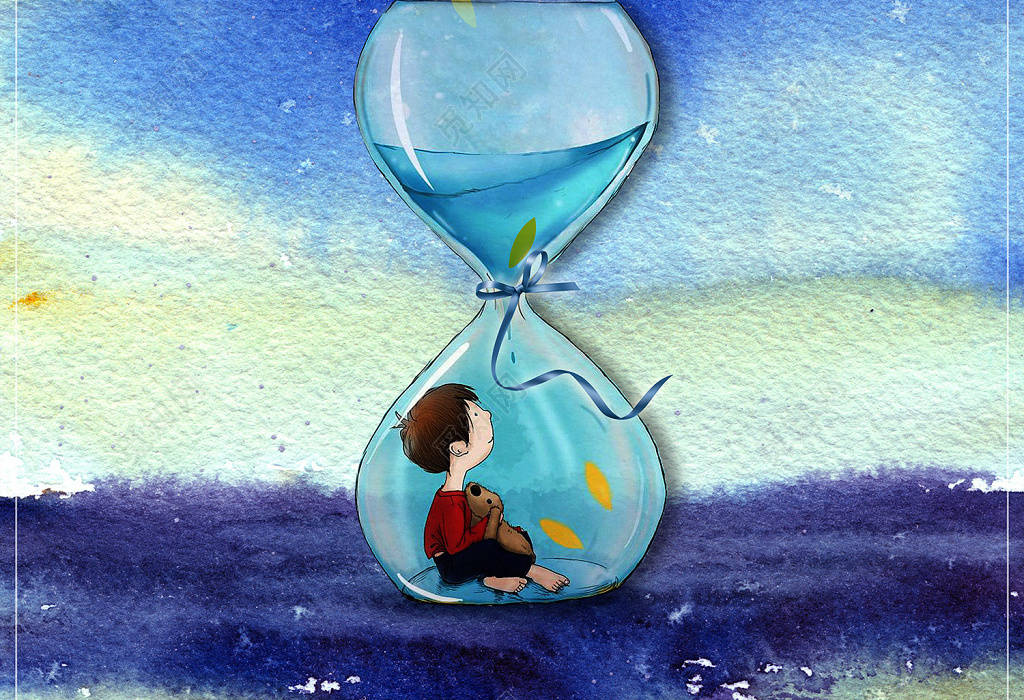In the process of a child’s growth, every parent eagerly anticipates witnessing their lively and sociable side. However, when a child appears particularly reserved and disinterested in social activities, many parents can’t help but worry if their child has autism. While being reserved and uninterested in socializing may be a possible indication of autism, it is not enough to conclude that a child has autism based solely on that. Autism, also known as autism spectrum disorder, is a complex neurodevelopmental disorder characterized not only by social impairments but also by communication difficulties, repetitive behaviors, and narrow interests, among other features. Here are some common behaviors seen in autistic children that parents should take seriously but also approach calmly and seek professional evaluation.
Social Interaction Difficulties
Autistic children often seem out of place in social settings. They may lack eye contact, struggle to understand or express nonverbal cues (such as facial expressions, body language), have difficulty forming and maintaining friendships, and might even be indifferent to hugs and kisses from their parents. They may prefer solitude, avoid or resist interacting with peers.
Language and Communication Challenges
Delayed or absent language development is a prominent sign of autism. Even if they can speak, a child’s language may appear monotone, repetitive, or lacking in meaning, making meaningful conversations difficult. They may struggle with understanding or using complex language structures and abstract concepts like jokes or metaphors.
Rigid Behaviors and Interests
Autistic children often exhibit unusually intense and focused interests in specific objects or activities that are narrow and long-lasting. They may repeatedly engage in certain actions (such as opening and closing doors, arranging items) or adhere to fixed daily routines, feeling extremely uncomfortable with changes.
Sensory Abnormalities
Autistic children may also experience abnormalities in sensory processing, being overly sensitive or less responsive to stimuli like light, sound, touch, etc. For instance, they may find bright lights or loud noises extremely distressing or show minimal reactions to pain.
Emotional Expression and Understanding Challenges
Autistic children may face difficulties in expressing and understanding emotions, finding it hard to identify or express their own feelings and understand others’ emotional states. This can make them appear indifferent or unpredictable in social interactions.
How Should Parents Respond?
Faced with these behaviors in children, parents should first remain calm and patient, avoiding jumping to conclusions. Seeking help from professional medical institutions or psychologists in a timely manner for a professional assessment and diagnosis is crucial. Additionally, parents should actively participate in their child’s treatment process, learn relevant intervention techniques such as Applied Behavior Analysis (ABA), speech therapy, occupational therapy, etc., to help improve symptoms and enhance their quality of life.
Lastly, it is important to emphasize that each autistic child is unique, with different abilities and needs. With personalized support and interventions, many autistic children can make significant progress, integrate into society, and enjoy the pleasures of life.【Contact for deletion if any infringement occurs】.


